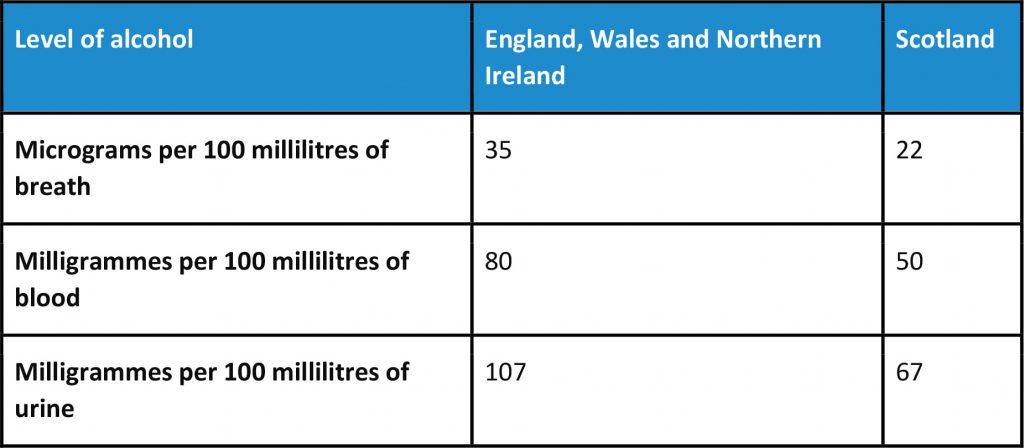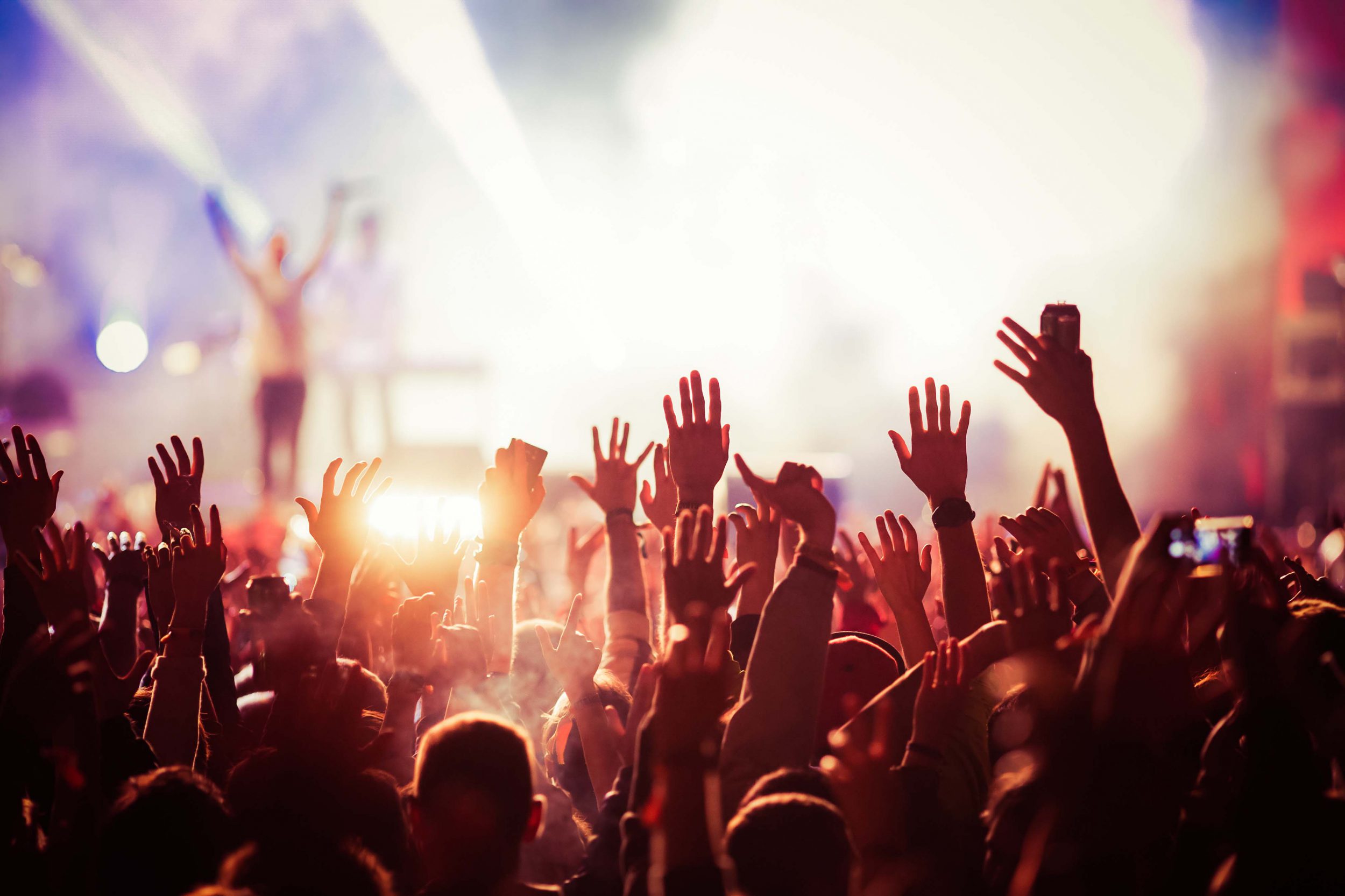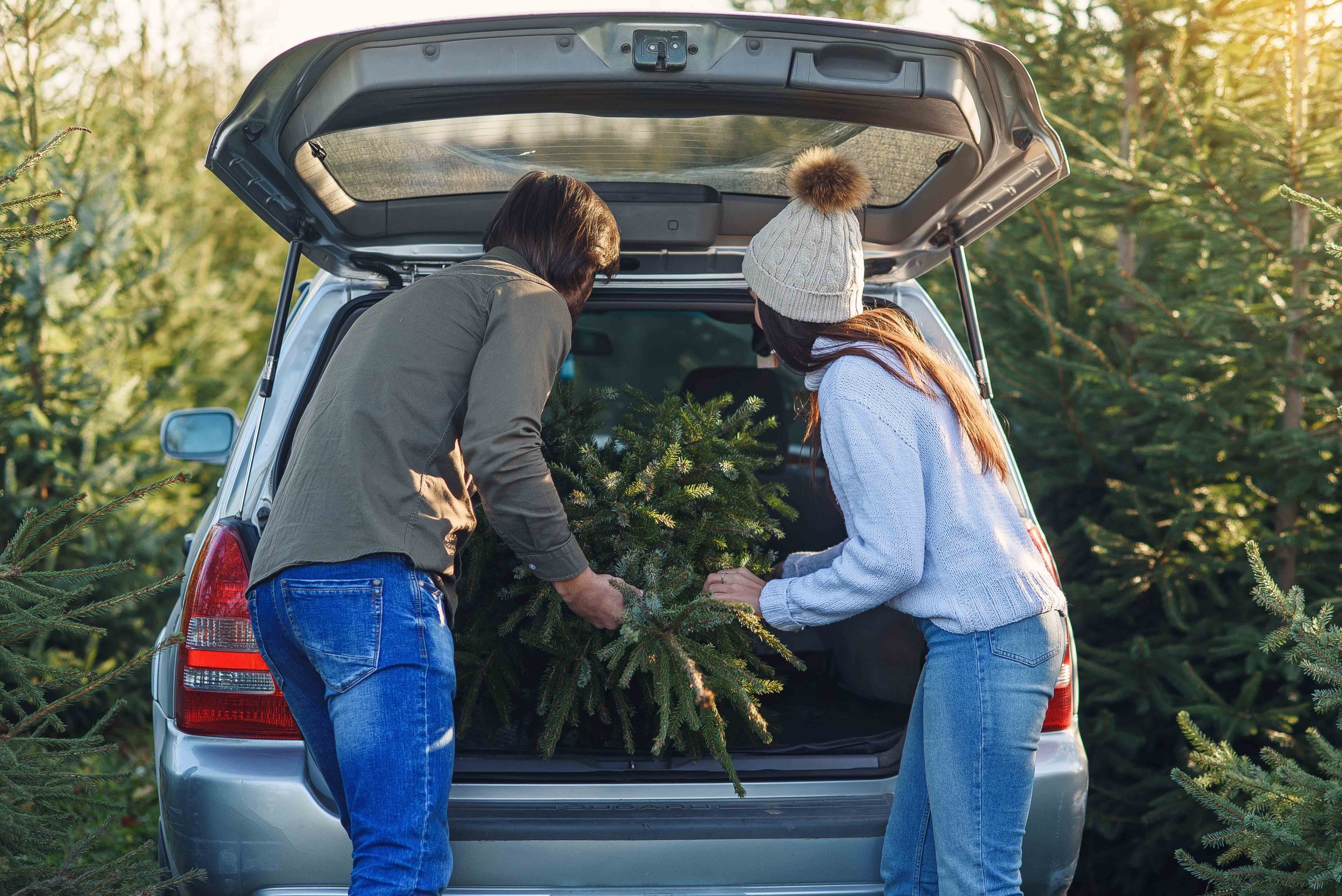Millions of festival goers are looking forward to the big lineups at popular UK events this summer, with festivals such as Kendal Calling starting soon, which we are proud to be an official partner of this year.
The music and arts festival will take place in the Lake District featuring some incredible artists including Paolo Nutini, The Streets, Declan McKenna and Shy FX.
As with any live music event, there will be alcohol available, and since festivals are often located in rural parts of the country, many people will choose to drive, as it can be a lot easier than getting public transport.
We recently polled 2,000 people to find out their attitudes to drink driving on different occasions and found some shocking results. A staggering 19% of drivers admit they’ve driven home from an event or venue after drinking alcohol, knowing they might be over the legal limit. That’s almost one in five drivers, equating to more than 8 million cars on UK roads with a drunk driver behind the wheel.
That’s why Dayinsure, Official Automotive Insurance Partner of Kendal Calling Festival 2024, are warning festival goers of the risks to help them make memorable experiences with safe travel options.
So, what’s causing so many to willingly drive under the influence, and how many think that driving while hungover is a safe thing to do?
In our research, we explore the most common excuses for getting behind the wheel after having had a drink and shed light on ways to avoid getting into this dangerous situation altogether.
When are people most likely to risk drink driving?
Parties, festivals and social events are the most likely culprits when it comes to people driving back home over the legal limit, according to our research. The leading occasions were after being at a party (19.5%) or being at a festival (19%). Many will enjoy a drink at these events, so it’s easy to see why they result in drivers getting behind the wheel when they really shouldn’t be.
The most common occasions after which people admit to driving home after drinking alcohol, knowing they might be over the legal limit:
1.After a party (19.5% have done at least once)
2.After a festival (19%)
3.After going for dinner (18%)
4.Other occasion (18%)
5.After going to the pub to watch sport (15.5%)
6.After going to a friend / family members house to watch sport (15%)
Following closely behind parties and festivals is the slightly more relaxed atmosphere of dinner. While perhaps not the booziest of occasions, one glass of wine with dinner could be enough to put you over the drink drive limit. Opting for water, a soft drink or alcohol-free beverage with your meal will always be the safest bet here.
Finally, going to a pub or a friend’s place to watch sports also ranks highly on the list.
Why do people drink drive?
The most common reason given for driving home after drinking alcohol was needing the car the next day – 35% of people said this.
Top five excuses for driving home knowing you might be over the legal alcohol limit:
1.’I’ve driven home, knowing I might have been over the limit, because I needed my car for work / travel the next day – 35%
2.’I know I shouldn’t have driven home, knowing I might have been over the limit, but it’s just so much easier than trying to get a taxi / use public transport – 32.3%
3.’I’ve driven home, knowing I might have been over the limit, because I felt sober enough to drive – 32%
4.’I’ve driven home, knowing I might have been over the limit, when I’ve had passengers in my car – 22%
5.’I’ve driven home, knowing I might have been over the limit, to save money on a taxi / other form of transport – 21%
If you feel you may be tempted to drink while you’re out and about, the simplest solution is to leave the car at home before you go. That way the temptation isn’t there in the first place.
Can you drive with a hangover?
We also asked respondents in our research about driving the morning after a particularly heavy night on alcohol and the results are concerning.
One in ten (10%) drivers we surveyed said they would consider themselves safe to drive after having a lot to drink the day before then going to sleep (at least six units for women and eight for men).
Men are more likely than the average to consider themselves safe to drive the next day (15%), and considerably more likely than women – just 6.5% of women said they’d feel safe to drive after a night of drinking.
One in five (21%) said they would just base their ability to drive on how they feel at the time. While that might seem like a logical approach, the experts disagree.
What is the expert advice?
Carolina Goncalves, Superintendent Pharmacist at Pharmica told us: “The time it takes for the body to metabolise alcohol varies among individuals and depends on how their bodies process alcohol. Factors influencing alcohol metabolism include the quantity and strength of the beverage consumed. The more you drink, the more alcohol there is for your body to metabolise. While some studies suggest it takes about an hour to metabolise one unit of alcohol, there is no fixed timeframe for how long alcohol stays in the system.
When hungover, many people experience nausea, grogginess, headaches, and tiredness. These symptoms can significantly impair cognitive functions and physical coordination. As a result, driving performance is adversely affected: reaction times slow down, and concentration levels decrease. Consequently, the ability to drive safely and to a high standard is compromised.
Research supports the above, with findings that hungover individuals have higher response times and more driving violations, such as speeding, than those who are not hungover.”
So perhaps consider clearing your schedule the day after a night on the drink.
Who is at most risk?
When looking at splits between age and sex, we found men are statistically twice as likely as women to drive home after a festival or gig (26% vs 13%), as well as being far more likely to use the excuse that drink driving is “easier” than getting a taxi (39% versus 23%).
Festival season over the summer is also a serious concern when looking at the data for younger drivers (those aged 25-34-years-old). This age group was found to be considerably more likely to drive home after drinking at a festival with 31% admitting to doing so – that’s almost one third of young drivers hitting the roads after drinking.
The main cause it appears is necessity. The most common excuse in the 25-34 age bracket was that the drivers needed the car the next day (44%). This same excuse was most common among 18-24-year-olds too (54.5%).
Older drivers it appears work much more on their instinct. More than half of the drivers we surveyed who are 65+ said they base their ability to drive the morning after a day or night of drinking on “how they feel” – something we know isn’t a safe gauge of driving capability.
The consequences of being caught drink driving
There are strict alcohol limits for drivers, but it’s impossible to say how many drinks this equals to as this depends on several factors such as your weight and age. However, the legal driving limit for alcohol in the UK are currently:

The consequences for driving drunk are severe, as this can lead to imprisonment, driving bans, and fines.
Being in charge of a vehicle while above the legal limit or unfit through drink could result in:
- 3 months’ imprisonment
- up to £2,500 fine
- a possible driving ban.
Driving or attempting to drive while above the legal limit (or unfit through drink) could result in:
- 6 months’ imprisonment
- an unlimited fine
- a driving ban for at least 1 year (3 years if convicted twice in 10 years).
Causing death by careless driving when under the influence of drink could result in:
- life imprisonment
- an unlimited fine
- a ban from driving for at least 5 years
- an extended driving test before your licence is returned.
Having a drink driving offence on your record can also cause your car insurance costs to increase significantly, and it may be something that affects your current job or even your future employability.
Our conclusion
There really are no two ways about it: driving under the influence is never an acceptable thing to do. While it might seem tempting as an easy route home, there really is never a positive outcome.
Besides the obvious risk to your own life and others’, ending up with a drink driving conviction is going to make it incredibly difficult (and potentially much more expensive) to get insured again in the future.
Without question, you should avoid getting behind the wheel if you’ve had a drink. Be mindful of the day after too, as alcohol will still be in your system and you could find yourself over the limit even if you feel fine. There is no way to tell if you are safe to drive after even just one drink. There are too many variables at play and the risk is just too high.
Get temporary car insurance with Dayinsure
This is why having a designated driver, if you are travelling with a big group of friends or family, is so important. Temporary car insurance makes it easy for a designated driver to get behind the wheel of another person’s car, as long as they are eligible. Our flexible policies only take minutes to set up and can also accommodate any short-term plan changes if you are no longer fit to drive and need someone else to take you home.
Our Research Sources & Methodology
- Survey, 2,000 respondents, June 2024. Data split by respondent, age, gender, and nearest city.
- Provisional and Full driving licences held, by age and by gender, Great Britain: as of 11 May 2024: https://www.data.gov.uk/dataset/d0be1ed2-9907-4ec4-b552-c048f6aec16a/gb-driving-licence-data – The number of full licence holders in the UK is 42,269,824
- https://www.gov.uk/drink-driving-penalties
- https://www.gov.uk/drink-drive-limit



